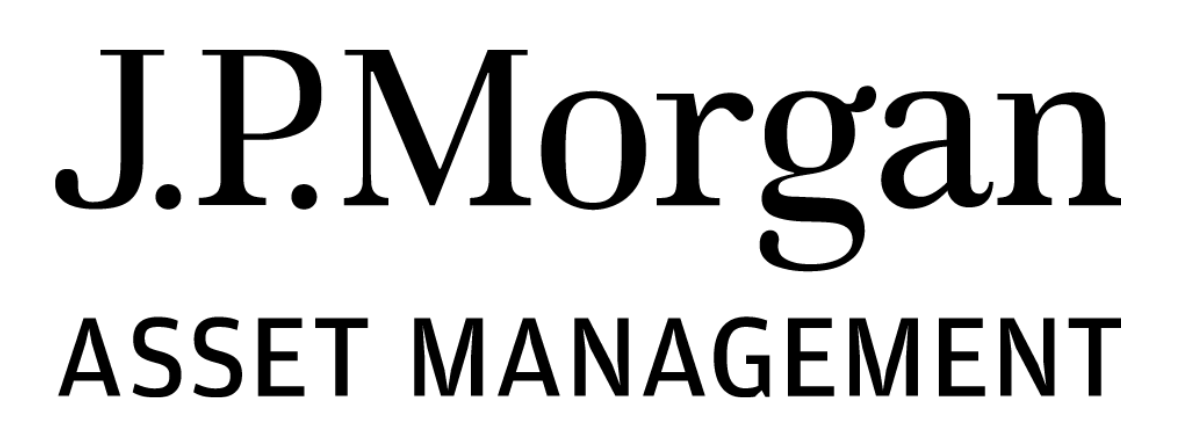Nasdaq will undertake a “special rebalance” of the Nasdaq 100 index in a bid to address the overconcentration of the ‘magnificent seven’ tech giants.
The index, which consists of the 100 largest Nasdaq-listed domestic and international non-financial companies, has risen 31.8% this year, as of 11 July, as investors bet companies’ artificial intelligence (AI) capabilities and expectations the Federal Reserve could cut interest rates later this year.
The AI-frenzy has led to huge rallies so far in 2023, with stocks such as Nvidia, Apple and Microsoft, which up 194.6%, 50.8% and 38.5%, respectively, resulting in a huge overconcentration at the top of the market.
Together, the ‘magnificent seven’ has added $3.6trn in market cap, according to Ben Bakkum, lead investing researcher at JP Morgan.
Nasdaq said action was needed to curtail the concentration after weighting restrictions in its methodology were breached.
Under the index rules, Nasdaq may perform a special rebalance if the current weight of the largest stock exceeds 24% or the ‘collective weight’ of securities whose individual current weights are over 4.5% exceed 48% when added together.
Currently, Microsoft is the largest company in the index with a weighting of 12.9%. However, the largest six constituents, all with a weighting over 4.5% have an aggregate weighting of 51.2%.
In addition to Microsoft, these include Apple (12.5%), Alphabet (7.4%), Nvidia (7%), Amazon (6.9%) and Tesla (4.5%).
Although part of the ‘magnificent seven’, Meta has a weighting of 4.3% and does not fall under the rebalancing rules.
As a result of rebalancing, which will take place on 24 July, the combined weight of the constituents will be reduced so their aggregate weight in the index does not exceed 40%.
Nasdaq added the rebalance will not result in the removal or addition of any securities.
The largest ETFs set to be impacted are the £7.5bn iShares Nasdaq 100 UCITS ETF (CNX1), the £3.9bn Invesco EQQQ Nasdaq 100 UCITS ETF (EQQQ) and the £1.4bn Lyxor Nasdaq 100 UCITS ETF (NASL).




